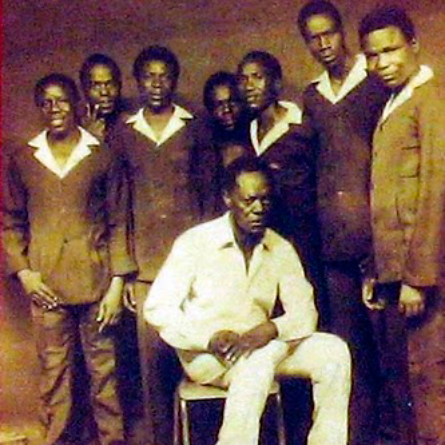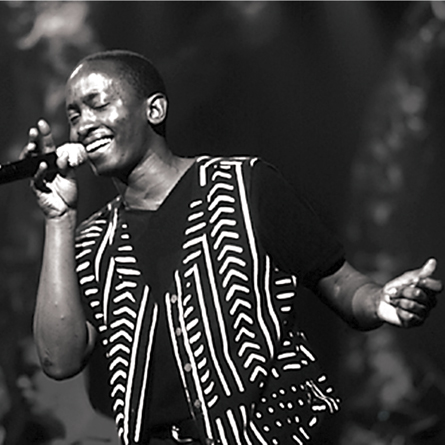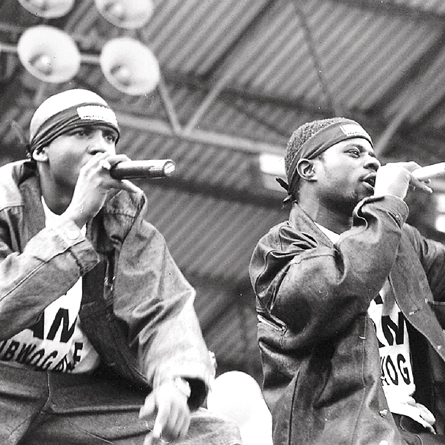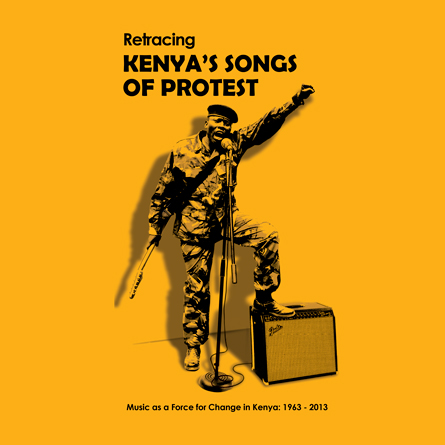Retracing Kenya’s Songs of Protest
Retracing Kenya’s Songs of Protest
The pursuit of freedom the world over has always been complemented by music. Sometimes, the music has defined the cause, ignited the public’s demand for progressive change and crystallized the ideology of the movement for reform. At other times, the music has sharpened our understanding of the wrongs that need to be addressed; it has strengthened our resolve and sustained our anger and hope.
Sometimes musicians have paid a very high price for their criticism. D.O. Misiani who braved the attentions of not one but three Kenyan presidents is a good example.

D. O. Misiani (seated) and Shirati Band.
In the 90s Eric Wainaina rubbed .the powers that be the wrong way with his anti-corruption song ‘Nchi ya Kitu Kidogo.’

Eric Wainaina
Likewise, we will always associate the dramatic end of Daniel arap Moi’s 24-year rule in Kenya to sounds of ‘Yote Yawezekana.’ Indeed, the creative energy with which protesting marchers at Nairobi’s Uhuru Park changed the lyrics of ‘Yote Yawezekana’ from their original Christian message of hope in divine deliverance to one of political protest and economic reform shows music’s defining role in the struggle for freedom of expression.
And as the curtain came down on the Moi years, two young Kenyans by the stage name Gidigidi Majimaji provided the country with the soundtrack that reaffirmed the people’s collective will, sense of worth and their unshakeable desire for constitutional reform. The raw energy of ‘Unbwogable,’ its anger and defiance was captured by the mood, which sent Kenyans to the polls in December 2002.

Gidigidi Majimaji performing 'Unbwogable' at the height of the multi party campaigns in 2002
This compilation celebrates this ‘protest’ music and those who make it: music that reflects the collective will to create a better order: music that plays a crucial part in bringing about social change and celebrates the visionaries whose sacrifice makes such change possible.
John Sibi-Okumu



